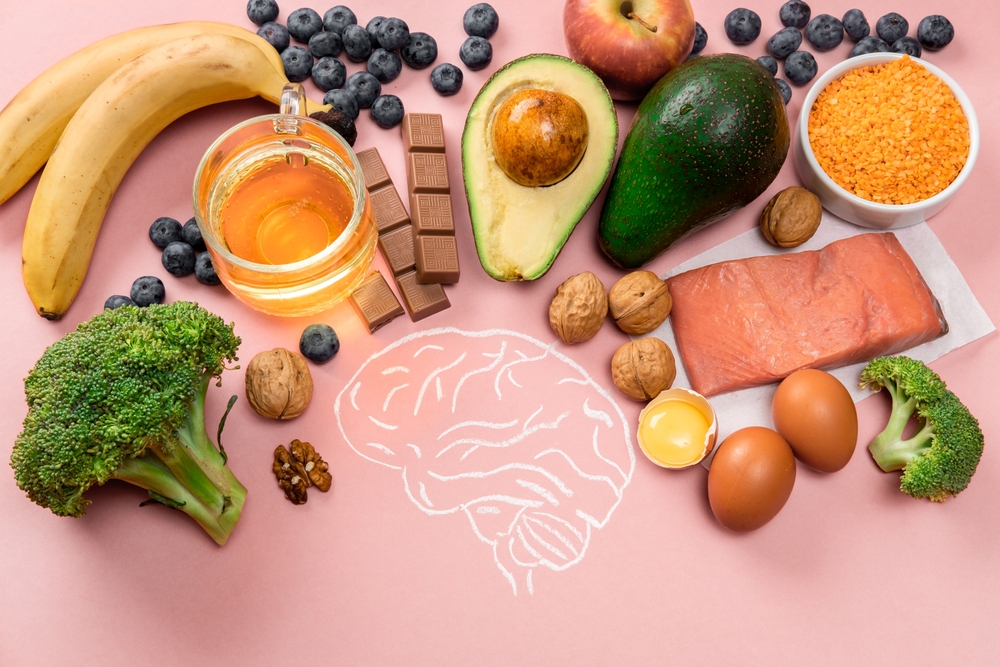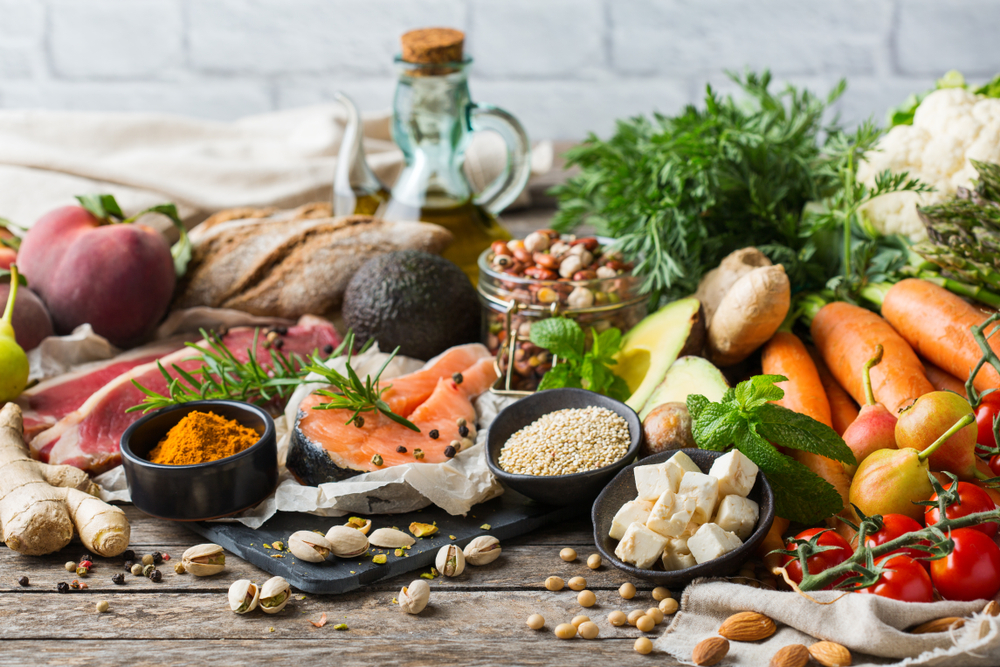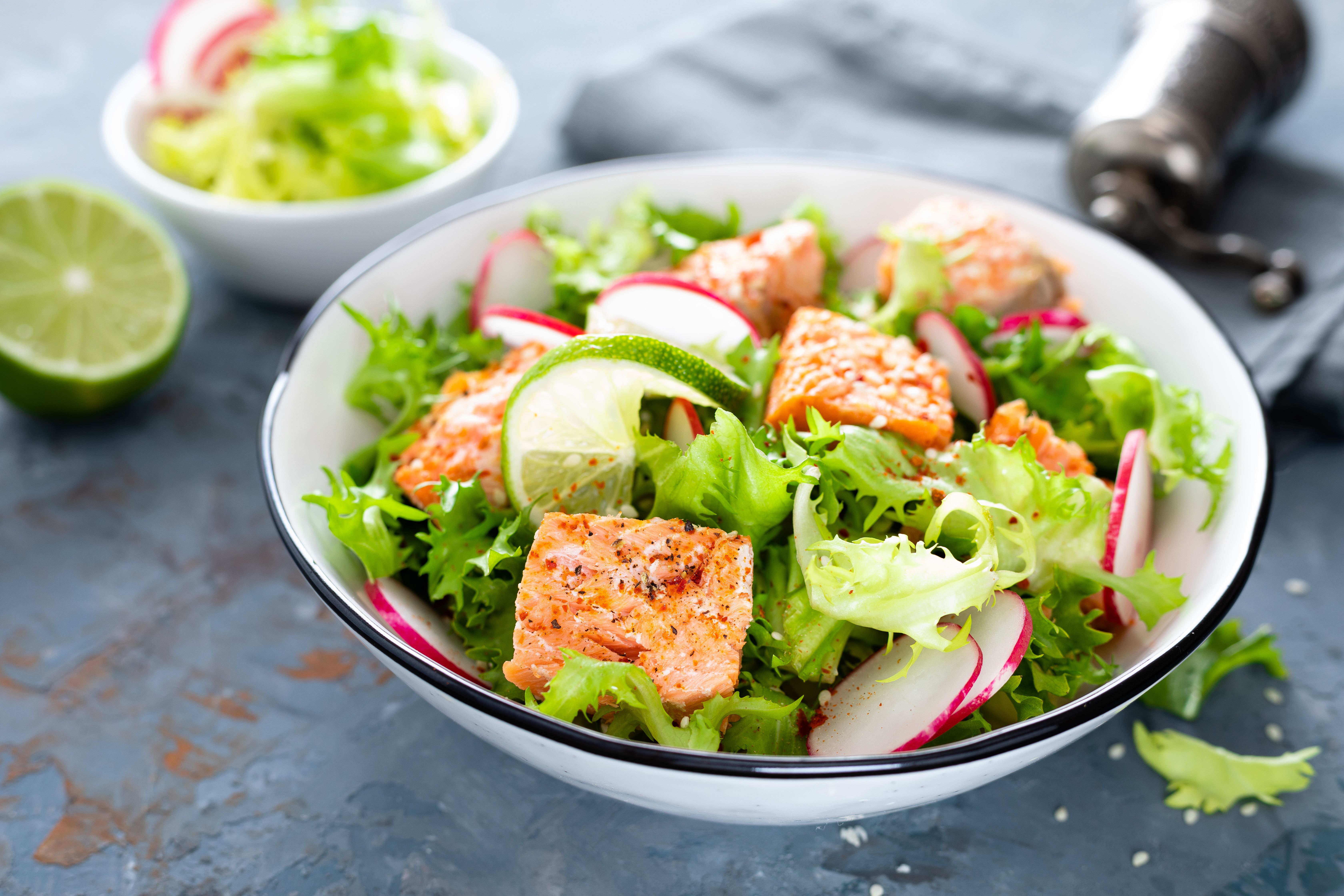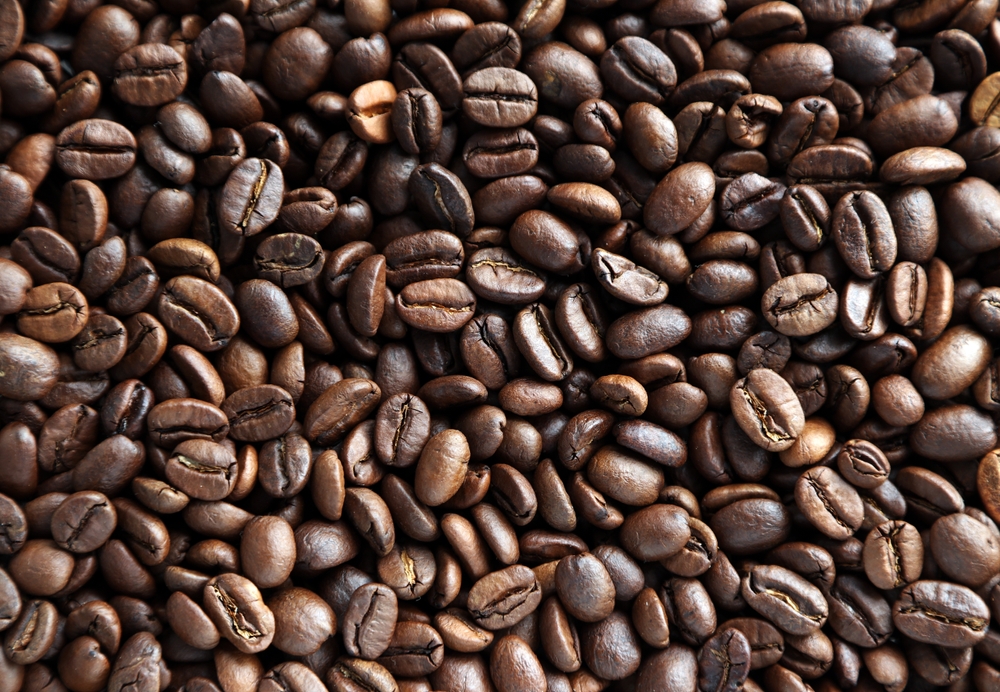Avoid strict diets
Diets that cut out a lot of foods or recommend long periods of time without eating may make it hard for our brain to get all the energy and nutrients it needs to work well.
Extreme diets can also leave us feeling very hungry, which in turn can make us feel tired, miserable, angry, tense or irritable.
Strict diets may also make us think about food all the time and cause cravings. Giving into these cravings may then leave us feeling guilty, out of control or a failure, which may trigger further attempts to restrict what we eat. This cycle of starving and overeating can cause an unhealthy relationship with food, and over time can harm both our physical and mental health.
To lose weight sensibly, it’s better to follow a healthy, balanced diet rather than trying extreme or fad diets.
Make plants a priority
Healthy eating guidelines recommend a mainly plant-based diet, so vegetables, fruit, wholegrains, beans, lentils, chickpeas, nuts, and seeds, should make up most of the foods we eat.
Plant-based diets provide plenty of fibre, which passes through the digestive system and ends up in the large intestine. Here, it provides food for beneficial or ‘good’ bacteria, which help to keep our gut healthy.
There is also evidence that all the beneficial bacteria and other tiny organisms that live in our gut (the gut microbiome) communicate with the brain and influences how it works. This is sometimes called the gut-brain axis or gut-brain connection.
Some early studies suggest a healthy gut microbiome may help to protect against mental health conditions such as depression and anxiety, but far more research is needed before any firm conclusions can be made.
Eat high-fibre carbohydrates
During digestion, carbohydrates in the food we eat are broken down into glucose. This is important as our brain uses glucose as its main source of energy.
It’s best to choose carbohydrates that are high in fibre as these break down slowly, providing the brain with a steady supply of glucose. This also helps to keep us feeling fuller for longer, so we are less likely to get hungry, which in turn can affect our mood.
Fibre-rich choices include wholewheat pasta, brown rice, wholemeal bread, wholegrain cereals, oats, potatoes in their skins, beans, and vegetables. These foods should form the base of each meal.













